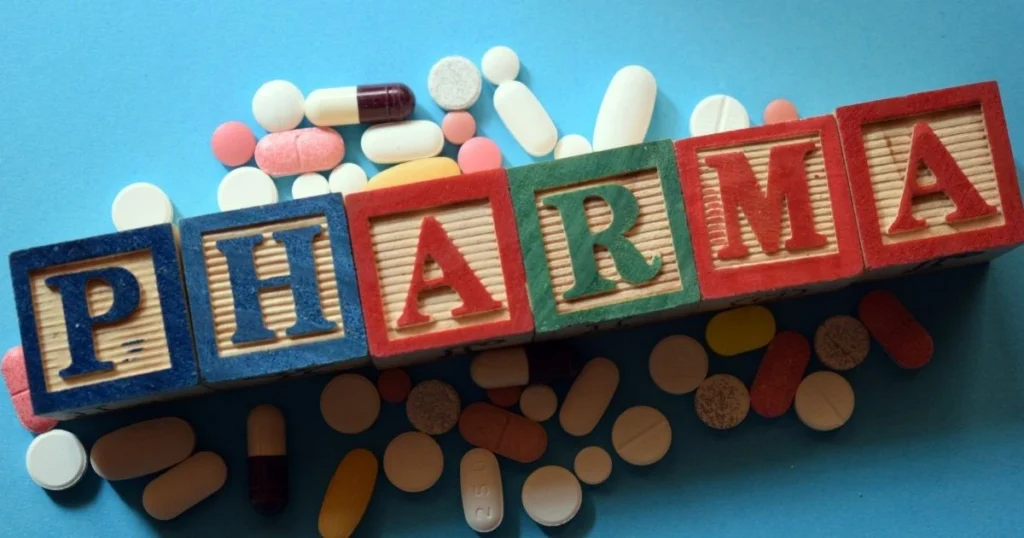
Understanding Pharma Manufacturing and Its Common Queries
The pharmaceutical manufacturing industry is one of the most regulated and essential sectors in the world, responsible for transforming scientific discoveries into life-saving medicines. With continuous innovation, advanced technologies, and evolving global standards, the manufacturing process involves multiple stages—ranging from raw material sourcing to formulation, testing, packaging, and distribution.
Because of its technical nature and stringent compliance requirements, pharmaceutical manufacturing raises numerous questions among investors, business owners, healthcare professionals, and even end consumers. These questions often revolve around production quality, regulatory certifications, contract manufacturing, pricing models, and scalability.
For entrepreneurs entering the pharma sector, especially those exploring third-party or PCD pharma opportunities, understanding the manufacturing side is crucial. It determines product quality, brand reputation, and overall success in the market.
This FAQ-based content aims to simplify the complexity by answering the most frequently asked questions in pharma manufacturing. From understanding GMP standards and selecting a reliable manufacturer to addressing batch size, formulation costs, and product registration—this guide is designed to help both new entrants and experienced players navigate the field with confidence.
By the end, you’ll gain a clearer perspective on how pharmaceutical manufacturing works, what factors affect decision-making, and how to choose the right path for business growth and compliance.

Common Questions About Pharma Manufacturing
What Are the Basic Requirements for Starting Pharma Manufacturing?
Setting up a pharmaceutical manufacturing facility demands strict adherence to legal, infrastructural, and quality standards. Every manufacturing unit must be compliant with GMP (Good Manufacturing Practices) and must secure valid licenses under the Drugs and Cosmetics Act.
Key requirements include:
- Proper manufacturing space and hygienic conditions
- Dedicated areas for production, storage, and testing
- Equipment validation and calibration
- Qualified technical staff
- Quality assurance and documentation system
These fundamentals ensure that each product meets safety, purity, and efficacy benchmarks. In addition, manufacturers must establish a quality management system that covers every production stage, from procurement to distribution.
What Are the Challenges Faced in Pharma Manufacturing?
Pharma manufacturing is not without its hurdles. Maintaining consistency, managing raw material quality, and meeting regulatory audits are constant challenges.
Major challenges include:
- Rising costs of raw materials
- Complex regulatory approvals
- Technological upgrades and automation
- Skilled workforce shortages
To overcome these, many companies invest in advanced automation, staff training, and digital quality management systems.
How to Choose the Right Pharma Manufacturer?
Choosing a trustworthy manufacturing partner determines the success of your product line. Businesses must analyze not only the manufacturer’s capacity but also their compliance record, infrastructure, and delivery timelines.
Factors to consider:
- WHO-GMP and ISO certification
- Range of dosage forms they produce
- Product customization capabilities
- Delivery and logistics reliability
When selecting a partner, it’s vital to ensure that the manufacturer offers transparency in documentation and consistent quality assurance across every batch.
Why Is Quality Control So Important?
Quality control ensures that every batch adheres to strict pharmaceutical standards before it reaches patients. Without consistent testing and documentation, even minor deviations can cause serious health issues or lead to product recalls.
Quality control covers:
- Raw material testing
- In-process checks
- Stability and sterility tests
- Final product validation
In essence, quality control isn’t just a legal requirement—it’s a moral responsibility toward public health.
Key Technical and Regulatory FAQs
Technical and Compliance Essentials in Pharma Manufacturing
Pharma manufacturing isn’t limited to mixing ingredients—it’s a scientific, highly controlled process guided by regulations, certifications, and precise documentation. Understanding the technical side helps ensure products are safe, effective, and legally compliant.
- What Are GMP and WHO-GMP Certifications?
Good Manufacturing Practices (GMP) ensure product safety and consistency by setting standardized production protocols. WHO-GMP, recognized globally, verifies that a manufacturer adheres to international safety and quality standards.
Key points: adherence to validated processes, proper documentation, continuous training, and facility hygiene.
- What Is the Role of the Drug Regulatory Authority?
Every country’s drug authority (like CDSCO in India or FDA in the US) oversees the manufacturing and approval of pharmaceutical products. They ensure all formulations meet prescribed standards before public distribution.
Key functions: licensing, audits, and product approval based on clinical data and compliance verification.
- How Are Formulations Developed and Tested?
Before any medicine reaches the market, it undergoes rigorous R&D, preclinical testing, and stability studies. The formulation must demonstrate therapeutic effectiveness, chemical stability, and safety.
Key steps: prototype creation, lab testing, scale-up, and pilot batch production.
- What Are the Documents Required for Third-Party Manufacturing?
Third-party manufacturing is a popular model in India, allowing pharma brands to outsource production.
Required documents: Drug license, GST certificate, company profile, product list, and marketing agreement. These ensure smooth collaboration and compliance between both parties.
- What Are the Emerging Trends in Pharma Manufacturing?
Modern pharma production is embracing automation, AI, and sustainable practices. Smart technologies help optimize efficiency and ensure traceability.
Trends include: digital batch records, green manufacturing, IoT-driven equipment, and AI-based quality prediction.
Together, these trends indicate a future where pharma manufacturing becomes faster, safer, and more environmentally responsible.